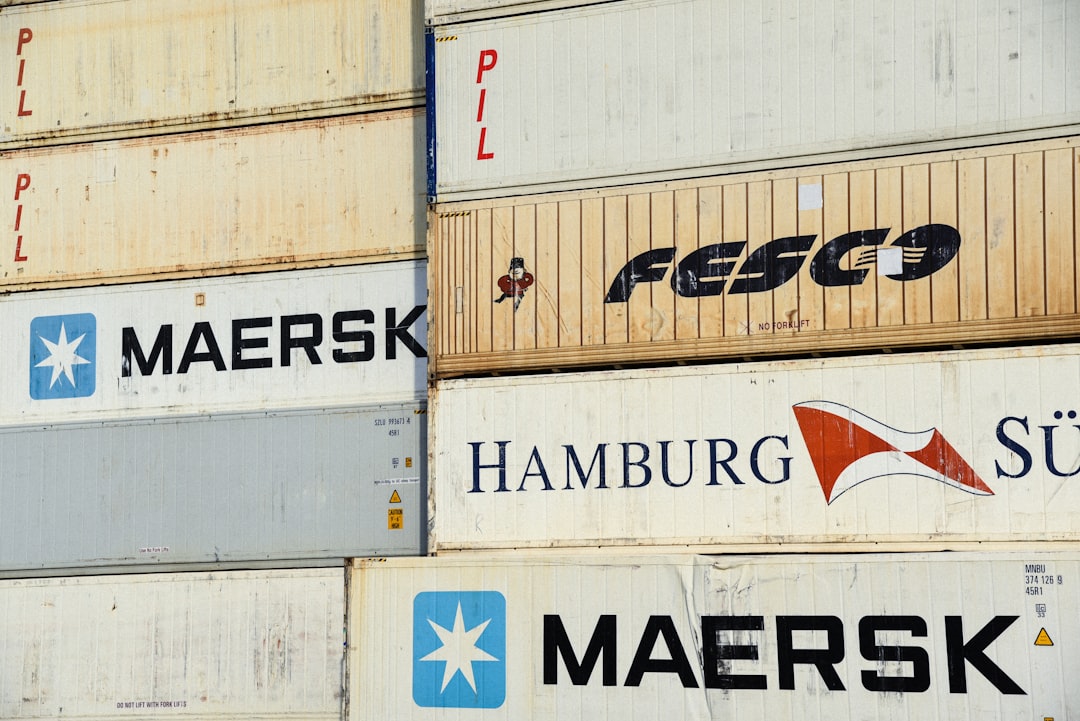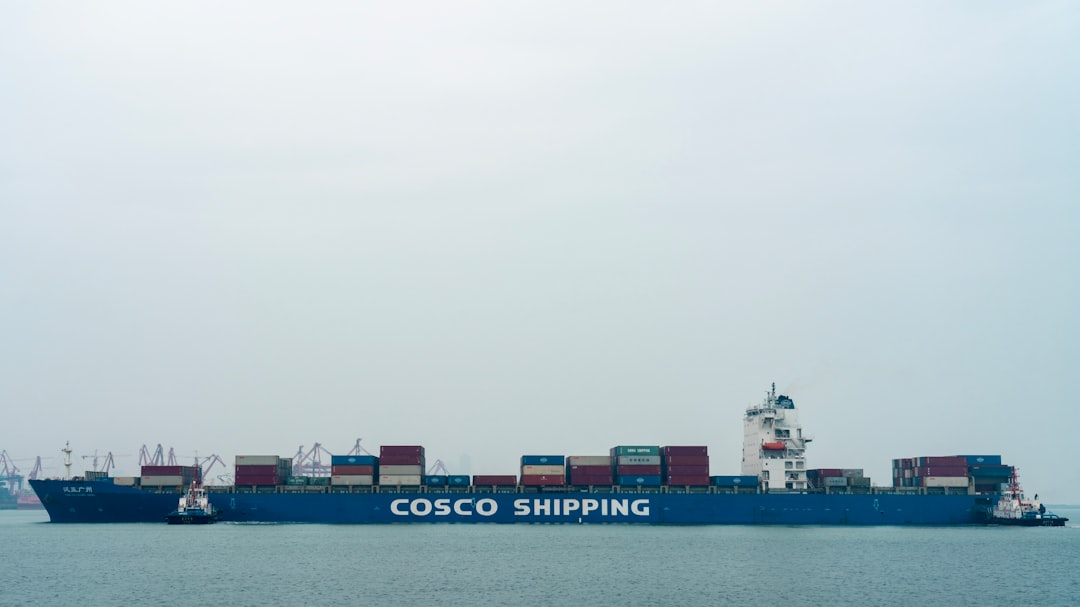DHL competitor list and pros/cons
When it comes to logistics and international shipping, DHL is one of the most recognized names in the industry. However, the global supply chain and delivery landscape is vast and competitive, with numerous companies offering alternative services to DHL. Whether you are a business looking for the most cost-effective and reliable option, or a consumer simply curious about what’s out there, it’s useful to understand the landscape of DHL’s competitors.
This article explores the key competitors to DHL, examining their strengths and weaknesses so that you can make informed decisions for your shipping and logistics needs.
Top Competitors to DHL
Below is a list of the main competitors of DHL. Each of these companies has carved a unique niche in the logistics industry, with services ranging from overnight document delivery to complex international freight solutions.
- FedEx
- UPS (United Parcel Service)
- USPS (United States Postal Service)
- TNT Express
- Aramex
- SF Express
- Blue Dart
- Royal Mail
- China Post
- Purolator
1. FedEx
FedEx is often considered DHL’s biggest global competitor. Originating in the U.S., FedEx has a vast international delivery network and excels in express shipping.
Pros:
- Extensive air freight capabilities
- Strong domestic and international service coverage
- Advanced tracking technology
Cons:
- Generally higher pricing for express services
- Can be less accessible in some developing markets

2. UPS (United Parcel Service)
UPS is another U.S.-based logistics giant and competes closely with both FedEx and DHL in various segments of the market, particularly in ground delivery and commercial shipping.
Pros:
- Robust ground delivery network in North America
- Excellent business-to-business services
- Integration with e-commerce platforms
Cons:
- Shipping rates may be higher than competitors
- Limited presence in smaller or remote countries
3. USPS (United States Postal Service)
The USPS offers affordable shipping options and tends to be a popular choice for domestic deliveries in the U.S. While not traditionally seen as a high-end logistics provider, it remains a solid alternative for cost-conscious customers.
Pros:
- Affordable shipping options, especially domestically
- Partnerships with international couriers for global coverage
- Strong last-mile delivery system
Cons:
- Slower delivery times for international shipments
- Limited advanced tracking features
- Customer service can be inconsistent
4. TNT Express
TNT Express, a subsidiary of FedEx, has a strong presence in Europe and offers reliable express delivery services, especially within the European Union and surrounding regions.
Pros:
- Good coverage in Europe and parts of Asia
- Competitive pricing on express shipments
Cons:
- Limited services in North America compared to DHL or FedEx
- Relatively smaller global infrastructure
5. Aramex
Aramex is a Dubai-based logistics provider that has grown significantly, particularly in the Middle East and Africa. It positions itself as a regional powerhouse with tailored logistics solutions.
Pros:
- Strong presence in Middle East and North Africa
- Flexible pricing structures
- Good for SMEs and e-commerce businesses
Cons:
- Limited global coverage compared to DHL
- Service inconsistencies in some regions

6. SF Express
Originating in China, SF Express is becoming increasingly popular for businesses engaged in Asian markets. It offers reliable and efficient domestic delivery in China and is expanding globally.
Pros:
- Strong logistics network in China
- Affordable pricing for local and regional shipments
- Growing international presence
Cons:
- International service still developing
- Language and interface barriers for non-Chinese users
7. Blue Dart
Blue Dart is an Indian logistics company partnered with DHL. While it operates somewhat synergistically with DHL in India, it is still considered a competitor in various local services.
Pros:
- Unmatched network within India
- Partnered logistics options with DHL
Cons:
- Limited international capabilities
- Not always cost-effective
8. Royal Mail
Royal Mail is the UK’s national postal service. It offers various delivery options, especially targeted toward individuals and small businesses shipping within the UK.
Pros:
- Affordable domestic delivery
- Good tracking and delivery reliability in the UK
Cons:
- Limited efficiency on international deliveries
- Not suitable for high-volume business logistics
9. China Post
China Post is state-owned and plays a crucial role in the global e-commerce supply chain, especially for businesses shipping small goods from Chinese manufacturers.
Pros:
- Extremely low cost for small parcels
- Widely used in cross-border e-commerce
Cons:
- Longer transit times
- Limited package tracking capabilities
10. Purolator
Purolator is a Canadian logistics provider that offers domestic shipping solutions within Canada and basic international services.
Pros:
- Strong domestic network in Canada
- Reliable package handling
Cons:
- Limited global operations
- Higher shipping costs outside Canada
Choosing the Right Logistics Partner
When choosing between DHL and its competitors, it’s important to consider your specific needs—whether that’s speed, cost, geographic coverage, or level of customer service. For international express shipping, FedEx and UPS often rival DHL in quality and speed. For regional deliveries, companies like Aramex or SF Express might be more suitable.

Also, don’t overlook your industry type. E-commerce businesses might favor logistics partners offering better integration with online marketplaces, whereas manufacturers may need freight solutions over parcel delivery.
Final Thoughts
DHL is indeed a logistics leader, but it’s not the only game in town. With a growing number of global and regional providers, businesses and consumers have multiple choices—each with their own strengths and trade-offs. Understanding the competitive landscape enables you to make the most informed, cost-effective, and efficient shipping decisions.
Whether you’re shipping locally or internationally, there’s likely a courier perfectly suited to your needs—it just depends on what you value most on the logistics front.



